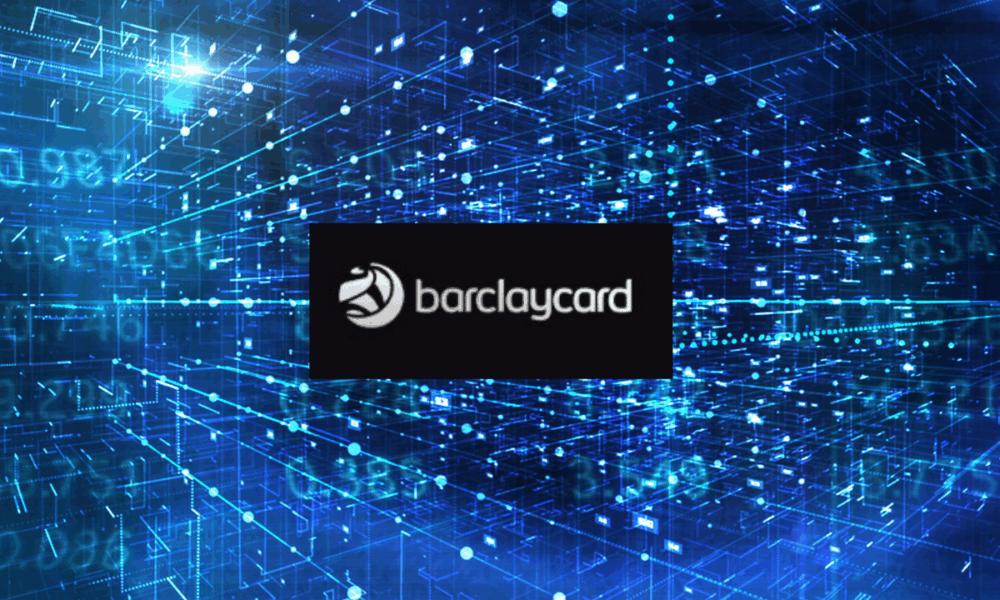Barclays, one of the world’s biggest banks, will soon block customers from using its credit cards to purchase cryptocurrency, citing concerns over customer debt and a lack of overall regulations.
Starting June 27, “Barclaycard” users will no longer be able to make any crypto-related transactions, including those on popular government-regulated platforms like Coinbase and eToro, according to the bank’s website.
The move by Barclays mirrors similar actions taken by a dozen other major European banks over the last few years, including Halifax, Lloyds, and Starling, which essentially cut off crypto access for tens of millions of European and American customers.
Barclays explained the decision was made to protect their customers from a collection of certain “risks.”
“No, it’s not possible to make crypto-currency transactions using a Barclaycard. From 27 June 2025, we’ll block crypto-transactions made with a Barclaycard because we recognise there are certain risks with purchasing crypto-currencies. We’re doing this because a fall in the price of crypto assets could lead to customers finding themselves in debt they can’t afford to repay. There’s also no protection for crypto assets if something goes wrong with a purchase,” a notice on the bank’s website reads.
Additionally, the bank specifically cited that crypto investments are not protected by the UK’s Financial Services Compensation Scheme, meaning customers across the pond don’t have many paths to recovering their money if something goes wrong within their crypto transactions.
The UK’s digital currency crackdown has been growing over the last year or so, with some traditional banks distancing themselves from digital assets.
Yet, despite the restrictions, not all banks in the UK are closing the door on crypto.
Digital-first platforms like Monzo continue to allow crypto for some transactions under tight controls, while FinTech firms such as Revolut, Ziglu, and Wirex are embracing the digital asset space. These companies offer integrated crypto wallets, token trading, and even peer-to-peer crypto transfers—all through their phone apps.
While other banks or financial institutions, such as NatWest, have taken the route of adding more limitations on crypto purchases instead of outright bans, the message from many big banks remains clear: proceed with caution when dealing with digital currency.
However, some American banks, however cautiously, are taking a more accepting step forward into the future of cryptocurrencies.
Last month, JPMorgan Chase CEO Jamie Dimon announced that the bank now allows clients to purchase bitcoin, though he reaffirmed his personal skepticism about the crypto. Speaking at JPMorgan’s annual investor day on May 19, Dimon said clients can buy bitcoin through the bank, but the firm will not provide custody services, per CNBC.
Yet, Dimon warned of ongoing concerns tied to bitcoin, including its use in “illegal activities” and unclear ownership structures.
“I don’t think you should smoke, but I defend your right to smoke. I defend your right to buy bitcoin,” Dimon added.
Whether these moves genuinely protect consumers or drive them into riskier corners remains an open question; nonetheless, millions of Barclays users will soon have to seek alternative routes to buy, sell, and store crypto.


